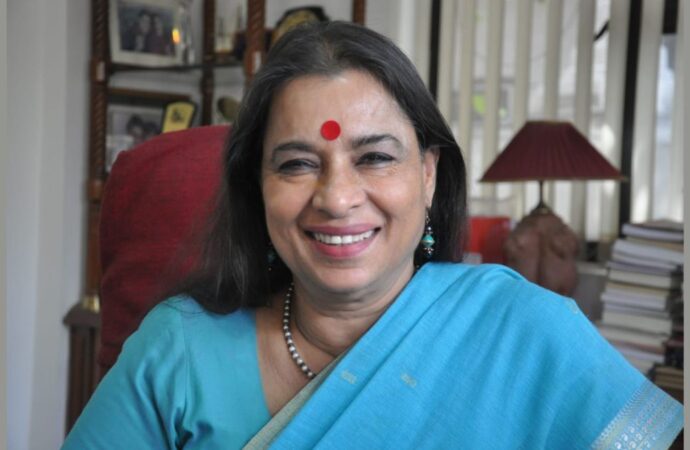New Delhi (India), October 2: Following the historic passage of the Women’s Reservation Bill in the newly inaugurated Parliament building, there’s a palpable sense of elation among women across various sectors. Political parties, be it the BJP, Congress, or regional factions, are all vying to claim credit for championing this landmark legislation. Female parliamentarians unanimously
New Delhi (India), October 2: Following the historic passage of the Women’s Reservation Bill in the newly inaugurated Parliament building, there’s a palpable sense of elation among women across various sectors. Political parties, be it the BJP, Congress, or regional factions, are all vying to claim credit for championing this landmark legislation. Female parliamentarians unanimously emphasize their party’s commitment to the bill. While political motivations and critiques abound, the relentless efforts of grassroots women activists, who have been advocating for women’s rights for decades, seem to have been overshadowed.
Prominent among these activists is Dr. Ranjana Kumari, who has been at the forefront of the fight for women’s rights in India for nearly four decades. The public campaign supporting the bill saw contributions from MPs like Pramila Dandwate, Geeta Mukherjee, Suman Krishnakant, and Dr. Kumari. Notable figures like Margaret Alva, Sushma Swaraj, and Vrinda Karat also lent their support. The collective efforts of women’s organizations, known as the Seven Sisters, played a pivotal role in rallying public support. The bill’s journey began in the early ’90s when Mrs. Pramila Dandavate introduced it as a private member’s proposal.
Dr. Kumari’s advocacy for women’s representation in legislative bodies dates back to 1985 when she addressed the issue at the United Nations Conference for Women in Nairobi. As the youngest female delegate among representatives from 157 countries, she made her mark. 1996 Former Prime Minister Shri Deve Gowda introduced this bill which was not passed. The bill saw multiple introductions in Parliament over the years but faced numerous hurdles. It finally saw the light of day during Dr. Manmohan Singh’s second term as Prime Minister in 2010, only to be stalled once again.
On the recent passage of the Women’s Reservation Bill, Dr. Kumari opines that it marks a transformative moment in Indian politics. With women already holding reserved seats in Gram Panchayats, this legislation ensures their increased presence in state assemblies and the national Parliament.
Dr. Kumari emphasizes that women, constituting nearly half of India’s population, have consistently demonstrated their capabilities. However, their political representation remains disproportionate. True democracy, she believes, can only be achieved when women are given equal opportunities and their voices are amplified.
Today, Dr. Kumari attributes the bill’s success to countless women who, despite personal challenges, have been catalysts for societal change and women’s upliftment.
A brief profile of Dr. Ranjana Kumari:
– Hailing from Varanasi, Uttar Pradesh, Dr. Kumari holds a PhD in Political Science from JNU.
– An academic, she has authored nine books on women’s rights and safety, with notable works on campaigns like Beti Bachao Beti Padhao and women’s safety in cyberspace.
– Dr. Kumari has tirelessly worked against dowry harassment, rape, and domestic violence, assisting countless victims over the past four decades.
– Recognized for her contributions, she has received numerous awards, including the prestigious Lotus Leadership Award in New York.
– In 2019, Dr. Kumari was named in A political’s 100 most influential list for her exceptional work on gender policy, a list that also featured Michelle Obama.
If you have any objection to this press release content, kindly contact pr.error.rectification@gmail.com to notify us. We will respond and rectify the situation in the next 24 hours.



















